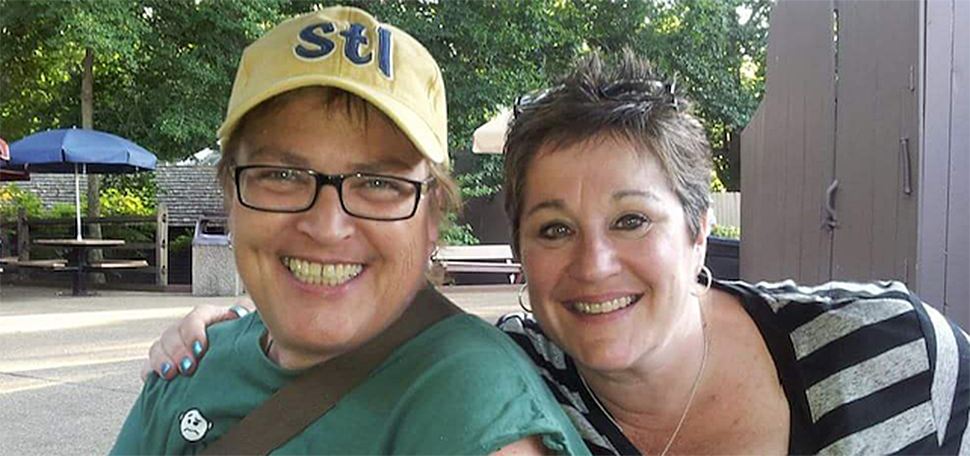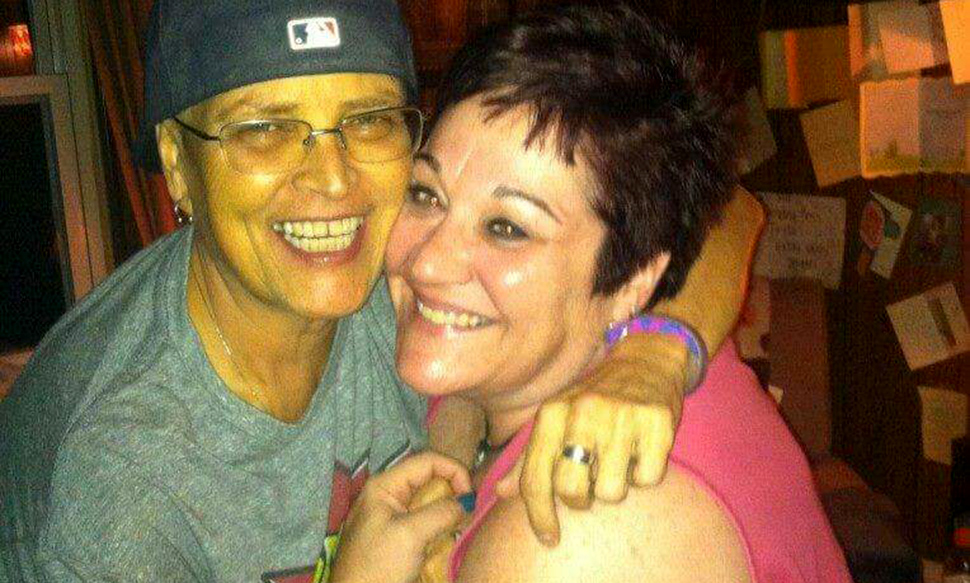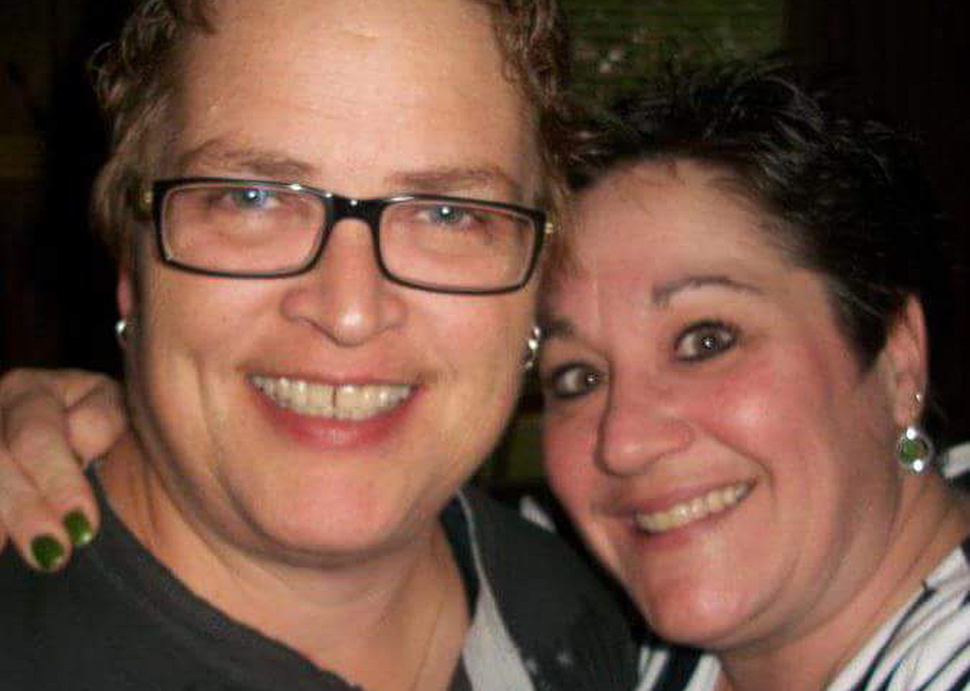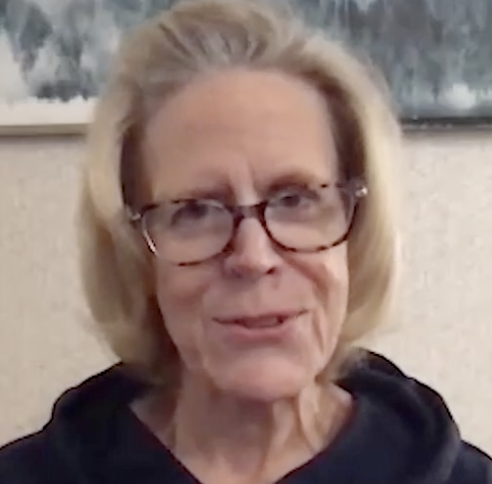Stacey Guillen-Taylor is an internal medicine nurse in Henrico, Virginia.
My wife Bess was diagnosed with gallbladder cancer in March of 2014. By the time doctors figured out what had been ailing her, the cancer had metastasized to the bones and other organs. We attempted three different types of chemotherapies with multiple treatments but with no success. Bess had an incredible attitude about it all and, in the end, she decided to forego further treatment to focus on quality of the rest of her life.

The last two months were a continuous downward spiral. Her hospice nurse and palliative care doctor were running out of options for pain management because she had maximized the highest doses and the most potent pain medications. She couldn’t eat, she couldn’t sleep, and the pain got worse and worse.
Many nights, I sat on the side of her hospital bed at home as she cried in pain and looked at me wanting to know how much longer before she died. Many times she told the hospice nurse, her doctor, and me that she was ready to go—ready for the pain to be over and ready to quit being miserable. She asked over and over why she couldn’t make her own choice to be done with the misery.

As a nurse myself, I felt so helpless not being able to do anything for the most important person in my life. I had to keep telling her there was nothing I could do about her suffering.
I had promised her that she would pass from this world with dignity and at home. She did not spend a single night in the hospital until the very last night. Her pain got so bad we had no choice but to admit her to provide at least a measure of comfort. She died on December 30, 2014.
No one should have to go through what Bess went through. It is inhumane and unjust. If you have no other options for treatment of a terminal illness, you should have the right and the freedom to decide when enough is enough.


